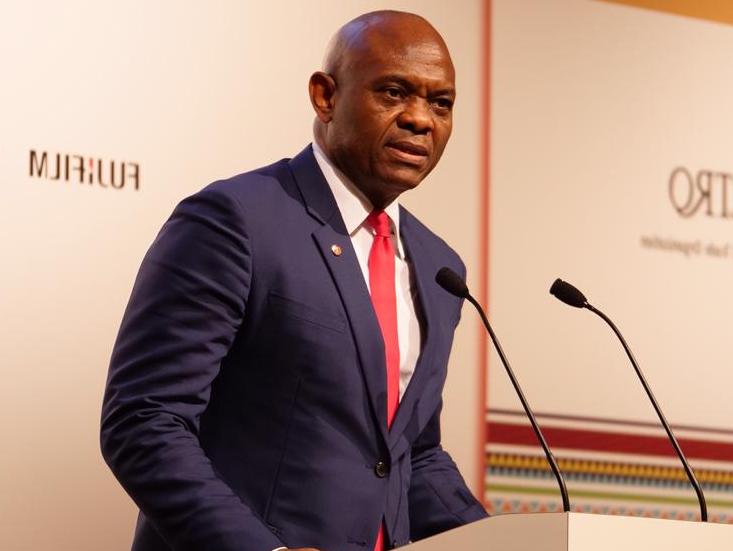Kasubi Tombs
Experts from seven African countries on the weekend pledged to promote cultural and heritage studies at all levels of education and within communities. They came from Uganda, Nigeria , Ethiopia, Zimbabwe, Sierra Leone, Tanzania and South Africa.
The experts who were on a three-day workshop at Via Via Guest House in Entebbe, say heritage education is one of the ways to protect Africa’s cultures from the emerging “urban culture” that is characterized by the promotion of foreign languages such as English, French, Mandarin Chinese and their associated cultures ranging from beliefs, food, music and lifestyle.
The experts say there is a need to protect African cultural heritage because it promotes humanity, social cohesion and if tapped into can promote sustainable development.
The workshop was organized by the Cross-Cultural Foundation Uganda-CCFU in partnership with the International Organization of National Trusts-INTO and dwelt on decolonizing heritage education and the need for cultural heritage preservation in Africa.
The experts included Esther Antohin, the Director of Heritage Watch in Ethiopia, Robert Ojambo, the Head of Department History and Political Science at Kyambogo University and Francis Musa Momoh, the Research and Development Officer Monuments and Relicts Commission in Sierra Leone.
The trio said that the best way to ensure African local languages, folk stories, songs, historical sites among others are protected is by raising a critical mass of young people who are knowledgeable and passionate about shielding the continent from foreign influences.
They acknowledged tat it might be too late to get adults who include government officials interested in heritage studies and preservation of African cultures. But there is hope if young Africans take on the mantle.
As a result, Ojambo says CCFU in liaison with the academia were key in advocating the inclusion of cultural and heritage studies in primary and secondary schools. He lauds the Ministry of Education and Sports and National Curriculum Development Centre-NCDC for doing so in the new curriculum.
Ojambo however says there is a need to first train experts in cultural heritage studies to guide learners in primary and secondary schools and also in communities.
Kyambogo University, Kabale University, Uganda Martyrs University and Islamic University in Uganda (Mbale campus) have been selected to pilot the teaching of cultural heritage studies in Uganda.
The universities are expected to roll out the studies at degree level next academic year and later on ensure all courses and programmes have components of cultural heritage studies so that all university graduates have basic knowledge.
Ojambo says these studies will initially benefit the hospitality and tourism industry because they are currently managed by non-professionals.
Momoh says the government of Sierra Leone has re-introduced civic education to promote cultural heritage, teach children and youths about their rights and duties.
He is optimistic that teaching youths about cultural heritage will also result in promoting patriotism and pan-Africanism.
Antohin says Heritage Watch, which is a civil society organization, is carrying out mass sensitisation campaigns in primary and secondary schools. This is to encourage youths to promote the protection of urban and rural heritage sites such as commercial and residential buildings and palaces that have significance to Ethiopia’s cultures and history.
Meanwhile, Barbra Babweetera, the executive director CCFU says the organization has in the last two years supported 150 cultural clubs in secondary schools across the country and participated in heritage preservation and protection activities such as producing maps of historical buildings in all cities.
Babweetera says CCFU, just like Heritage Watch, is passionate about heritage preservation, Last year, CCFU was among the groups that protested the demolition of Watoto Church Building, saying it is an important historic landmark in Kampala.
She says the organisation will continue holding talks with key stakeholders including the church leadership and Kampala Capital City Authority-KCCA officials to ensure that the building is not demolished.
CCFU is also currently facilitating the establishment of a National Railway Museum in Jinja in partnership with Uganda Railways Corporation. The museum , expected to be opened next year, will enable visitors to learn about the history of railway transport in Uganda
-URN




